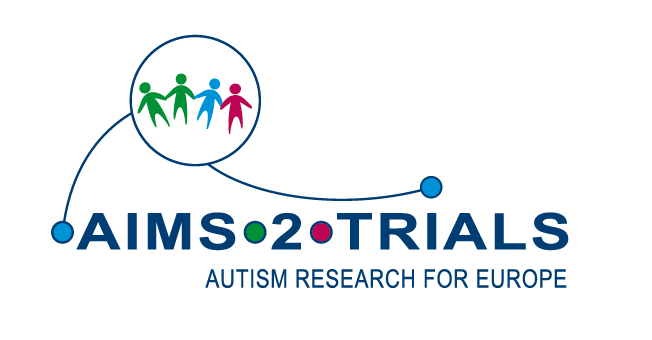Beyond Medicines

We recognise that while some autistic people, and their families or carers, do want medicines to treat aspects of their autism or co-occurring conditions, others may prefer non-medical interventions or choose not to receive any support.
According to a survey of the UK autism community, autistic people are interested in interventions that improve social interaction, communication and language skills, mental health, sensory processing and challenging behaviours. Interventions could include medicines but also non-medical interventions, such as behavioural and play-based therapies, social support and strategies to control anxiety.
There are many ways in which our work could inform and support the development of non-medical treatment options (open all):
Early and effective treatments
Our research to better understand autism could help to inform the future development of new treatments, including both medical and non-medical options, and to help care teams to tailor their support. A key aspect of our research is to identify biological traits and characteristics (called biomarkers) which are shared across sub-groups of autistic people, and which can indicate that a person is likely to develop in a particular way or to experience a co-occurring condition. This could help researchers to develop new treatment options with the needs of people with a given biomarker in mind. Developing treatments in this way could be a first step towards what is called “personalised medicine” or “personalised interventions”. Biomarkers could also indicate to care teams which autistic people are likely to need different types of support in the future. This could allow such teams to tailor the types of support that they offer and to offer any available treatment options earlier than is possible today.
Our research network could also support the future development of non-medical interventions. Studies could tap into this network to access highly trained clinical and research staff, and participants, something that has previously not been possible in studies based at a single site. Trials of any interventions need to be large and include a diverse range of people, which is easier in studies that span more than one location. In addition, studies on new interventions need high quality and reliable ways to measure any improvements in autism-related symptoms, or co-occurring conditions. We are developing new and improved measures as part of our ‘outcome measures’ research.
Raise awareness and understanding
We aim to increase awareness and understanding of autism among the general public, policy makers, researchers and health, education and social care staff. To do this, we will host events such as an art-science exhibition, and run online tutorials and mentoring sessions. We will offer training on how to best use biomarkers in research and in clinical practice, for example to predict how a person may develop and to tailor support to their individual needs. This training will draw on examples of both medical and non-medical options.
Policies about autism
We will collaborate with the autism community to establish topics of importance for policy, which may include education, vulnerability, employment, access to health services, guidelines for diagnosis and support for autism and its co-occurring conditions. We aim to understand relevant European policies, how these vary, to explore how they could improve and to begin discussions with policy-makers to work towards societal solutions for these issues.







